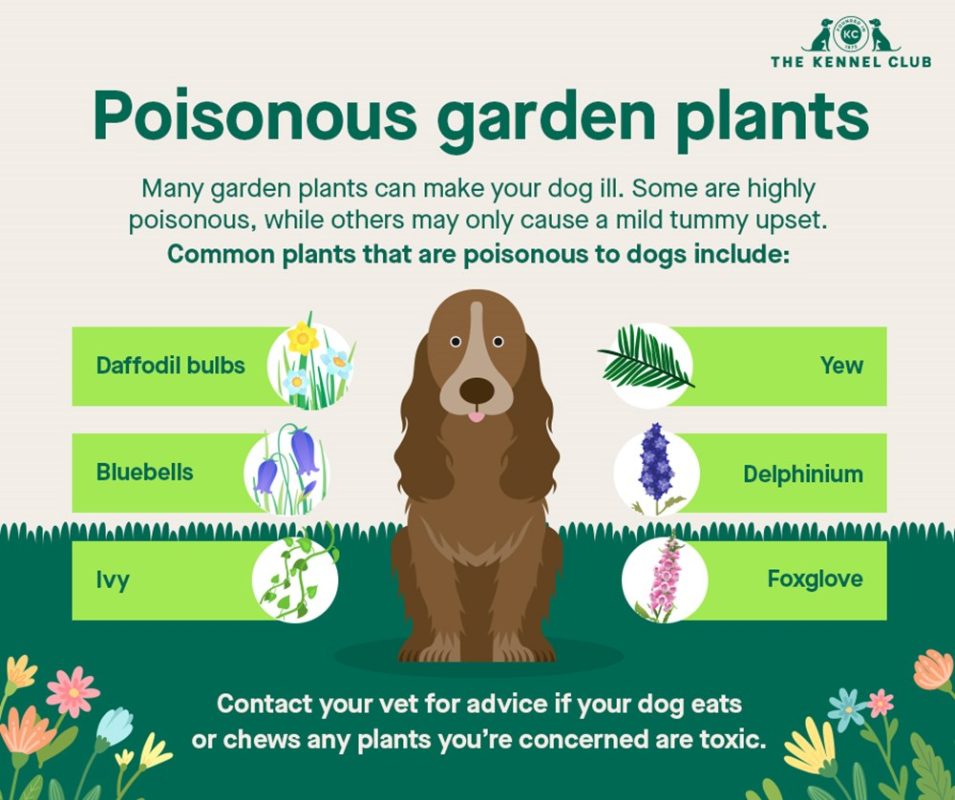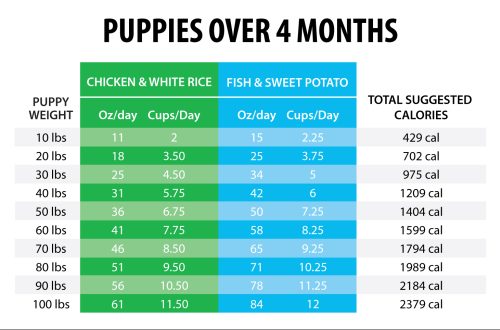
What can poison a dog and how to help it
In some situations, there is no time for reflection – the pet’s life depends on the actions of the owner. We will tell you how to recognize poisoning in a dog and provide emergency assistance to it.
Causes
Almost all types of dog poisoning are associated with the curiosity of the pet and the carelessness of the owner. Study the sources of danger and try to ensure that the dog never encounters them:
- Products
Foods that are safe for humans can cause food poisoning in dogs. For example, avocados contain persin, which is toxic to animals, macadamia nut causes weakness and negatively affects the nervous system of a dog, and eating grapes or raisins can lead to kidney failure.
You can not succumb to the touching looks of dogs with a sweet tooth: cocoa beans contain methylxanthines, which in small doses cause vomiting, and in large doses can be fatal. And if for people bitter chocolate without additives is considered a lesser evil, then for dogs the opposite is true: the darker and more natural the chocolate, the more dangerous.
- Chewing gum
Just one or two plates can lead to xylitol poisoning in a dog. This sweetener is also used in chewable vitamins, toothpaste, and mouthwashes.
- Medicines
Flea or worm medications can be toxic to your dog. Carefully observe the dosage prescribed by your doctor, and if you have any symptoms of poisoning, stop giving the drug. Do not leave your medications in accessible places – painkillers, antidepressants and blood pressure drugs cause vomiting and convulsions in dogs.
- Chemicals
Rodent and ant control products can attract (and poison) a dog. In addition, a pet can become a victim of dog hunters. Edible baits with poisons are usually scattered in places of accumulation of stray dogs, but caution will not hurt on any walk: make sure that the pet does not eat anything from the ground.
Poisoning can also occur through the respiratory tract if poisonous vapors or powders enter them. The greatest danger is the evaporation of gasoline and paint thinners, but it is better to keep dogs away from household chemicals.
- Plants
The most toxic for dogs are azaleas and rhododendrons – the toxins they contain can cause coma. Eaten bulbs of tulips and daffodils make it difficult for a dog to breathe and increase his heart rate, and a few sago palm seeds are enough to provoke liver failure.
Symptoms
Symptoms of poisoning in a dog do not always appear immediately after the toxins enter the body. Take action as soon as you notice one of the following signs – perhaps by this time the pet has been fighting poisoning for several hours or even days:
- Vomiting and diarrhea, often mixed with blood.
- Blueness and prolapse of the tongue.
- Intense pain with groaning (dog whimpers).
- Sudden lethargy or hyperactivity.
- Dilated pupils.
- Muscle stiffness and muscle spasms.
- Convulsions and convulsions.
- Excessive salivation.
- Impaired coordination.
- Labored breathing.
- Swelling, irritation and rash on the skin.
Separately, it is worth highlighting the symptoms of poisoning a dog with poison: discoloration (most often blanching) of the mucous membranes and specific odors from the mouth. For example, with arsenic poisoning, a pungent smell of garlic appears.
- Induce vomiting
For this, a weak solution of potassium permanganate or one and a half teaspoons of salt per glass of water is suitable. You can also use hydrogen peroxide in a 1:1 ratio with water or activated charcoal.
Note: in case of poisoning with alkali, acid or petroleum products, it is impossible to induce vomiting – this will lead to damage to the digestive tract.
- Provide fresh air
In case of intoxication through the respiratory tract, it is advisable to take the dog outside. If the pet is very weak and painfully sensitive to touch, try to ventilate the room as much as possible.
- Don’t feed
Even if you really want to alleviate the condition of the pet with treats or folk remedies, do not give him anything but water. Any other foods and liquids can increase the absorption of toxins and worsen the condition of the dog.
Treatment
Comprehensive treatment of poisoning in a dog may include:
- the introduction of an antidote;
- gastric lavage;
- taking diuretics and anticonvulsants;
- procedures to support the functioning of the kidneys and liver;
- immunomodulating drugs and vitamins.
In severe cases of intoxication and dehydration, the pet is placed in a hospital and a course of injections and droppers is prescribed. If there is no threat to life, the doctor may recommend home treatment. Dog poisoning is a serious stress for the body, but if the prescribed treatment regimen, drinking regimen and diet are followed, the pet has a great chance of returning to normal.





